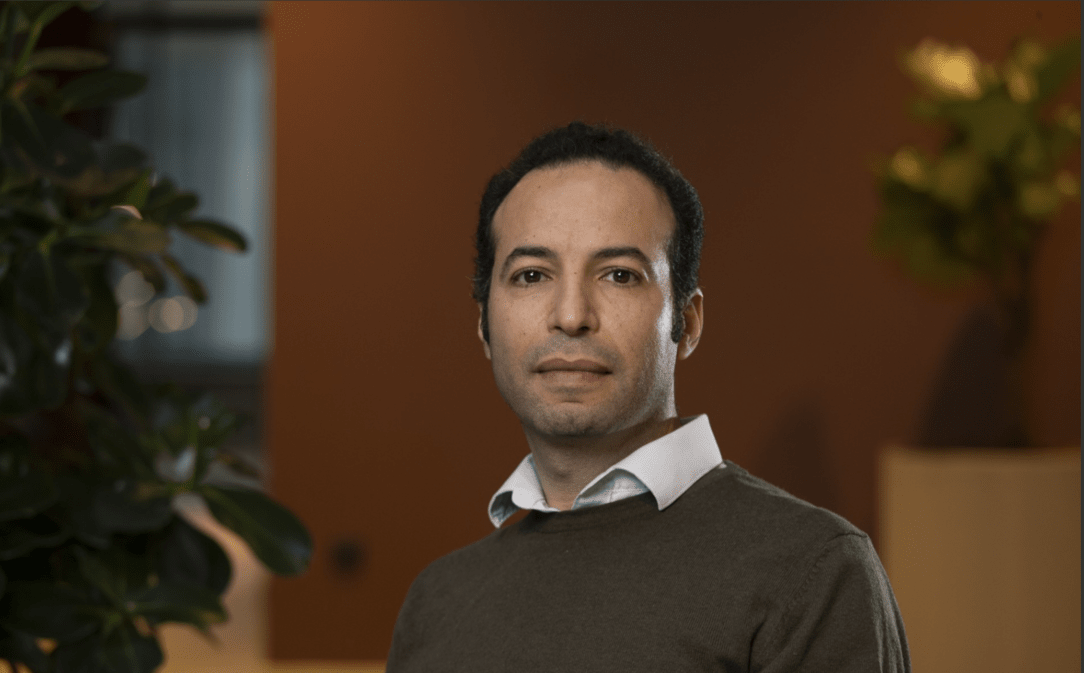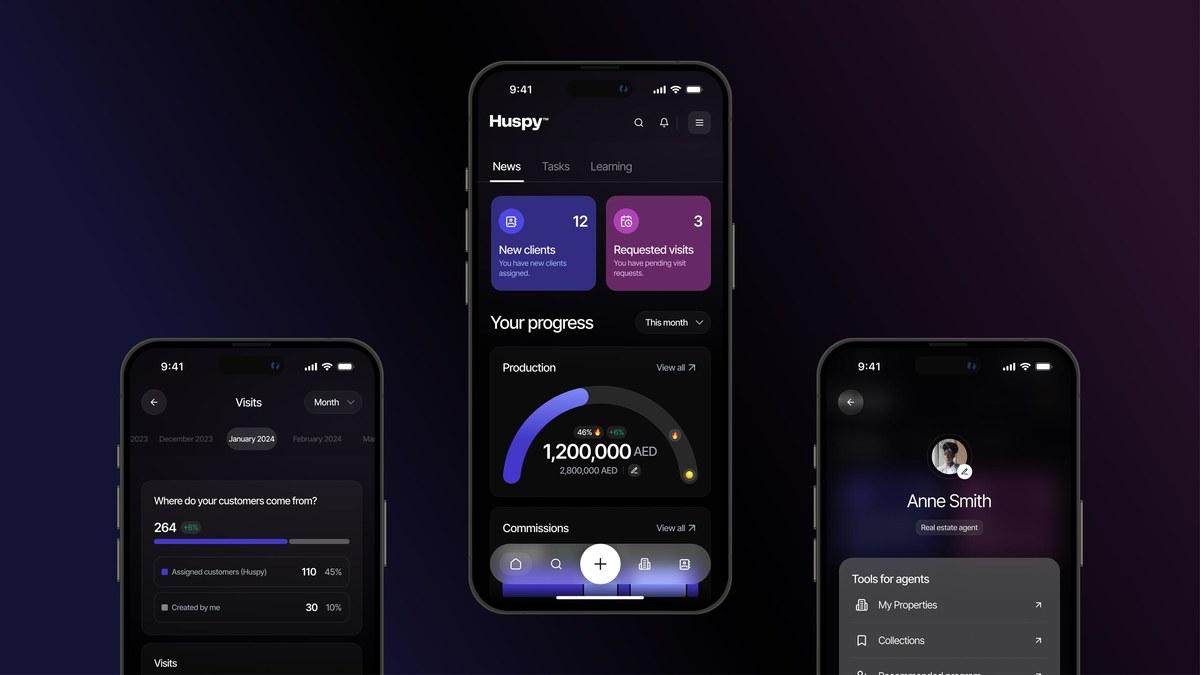CAIRO: The startup ecosystem in the Middle East and North Africa region saw a flurry of activity as venture investments and acquisitions bloom.
Saudi Arabia-based Software-as-a-Service provider Merit has raised $12 million in its pre-series B funding round, led by Alistithmar Capital i-Cap and followed by existing series A investors Tech Invest Com and Hambro Perks Oryx Fund.
Founded in 2016 by Julie Barbier-Leblan and Thrishan Padayachi, Merit assists businesses in increasing customer and employee engagement via a suite of cloud-based SaaS platforms, enterprise solutions, applications, and software.
This new round will help Merit develop its technology to enhance customer engagement. In 2021, Merit raised $5 million in a series A round led by Saudi Arabia’s Impact46, along with Tech Invest Com, Arzan VC, Hambro Perks Oryx, and several regional angel investors.
Riyad Capital launches 1957 Ventures to support digital transformation
Riyad Capital, backed by Riyad Bank, has launched the 1957 Ventures investment fund to drive transformative growth in Saudi Arabia’s fintech sector.
The fund aims to accelerate the Kingdom’s digital transformation by creating opportunities for innovative fintech business models.
Abdullah Alshwer, CEO of Riyad Capital, stated, “The 1957 Ventures Fund embodies a forward-thinking financial vision aligned with the Kingdom’s ambitious digital transformation goals; this fund signifies a strategic investment in the future of Saudi fintech.”
“Our institutional approach will unlock new levels of innovation, driving both sector growth and sustainable economic impact,” he added.
Saudi logistics startup MDD closes $1.3m series A round
Saudi Arabia-based logistics startup MDD has closed its series A round with $1.3 million in funding for a 5 percent stake with a valuation of $26 million.
Founded in 2019, MDD provides supply chain solutions for businesses.
Saudi startup Sorbet’s raises funding round from web3 VC Adverse
Saudi web3 startup Sorbet raised an investment round from the Kingdom’s recently announced venture capital firm Adverse.
Founded by Rami Djebari and Maher Ayari, Sorbet aims to simplify business processes for freelancers by cutting fees and intermediaries.
“Receiving support from an experienced partner like Adverse will accelerate our development and enhance our market strategy. This collaboration is a milestone in breaking down financial barriers and enabling limitless growth opportunities for professionals in the region,” Djebari said.
Egyptian fintech e-Finance acquires stakes in Al Ahly Momken and EasyCash
Egypt-based fintech e-Finance for Digital and Financial Investments has acquired a 25 percent stake in Al Ahly Momken and a 13 percent stake in EasyCash for Digital Payments for an undisclosed deal value.
Founded in 2005, e-Finance is involved in the development of digital payment infrastructure and digital space to help achieve social development goals.
Al Ahly Momken, based in Egypt, is a digital payment provider, serving over 90,000 merchants and more than 5 million customers.
Meanwhile, EasyCash, also based in the north African country, provides payment services for individuals, merchants, and businesses.
These acquisitions align with e-finance’s strategy to expand its footprint in the digital payments market and support Egypt’s Vision 2030 for digital transformation.
Egypt’s OneOrder closes $16m series A round
Egypt-based logistics startup OneOrder has raised $16 million in a series A round in a mix of equity and debt, led by Delivery Hero Ventures, with participation from Norrsken22 and existing investors, Nclude and A15.
Founded in 2022 by Tamer Amer and Karim Maurice, OneOrder is a tech-enabled supplier and wholesale distributor that offers the food and beverages industry a supply of quality goods with embedded financing.
The company plans to expand into the Gulf Cooperation Council region by the fourth quarter of 2024. In December 2022, OneOrder closed a seed round at $3 million.
Jordan’s fintech liwwa takes $5m loan
Jordan-based fintech liwwa has secured a $5 million loan from the US International Development Finance Corp..
Founded in 2013 by Ahmed Moor and Samer Atiani, liwwa is a peer-to-peer lending network that connects investors and small businesses through smart business loans.
The latest cash influx will enable liwwa to finance further small and medium sized enterprises across various sectors. Liwwa’s last funding round was in 2022, when it raised $18.5 million in a pre-series B round of equity and debt.
Egyptian investment bank EFG Hermes acquires stake in Danish wealth management firm
Egypt’s investment bank, EFG Hermes, a subsidiary of EFG Holding, has acquired a minority stake in the Danish digital wealth manager Kenzi Wealth for an unknown value.
The new partnership will enhance EFG Hermes’ digitalization vision. By combining EFG Hermes’ client network and Kenzi Wealth’s AI tools, EFG Hermes will be able to offer its clients a more efficient and personalized investment experience.
Founded in 2021 by Mohamed El-Masri, Kenzi Wealth specializes in tailoring investment features to meet the needs of investors.

Mohamed El-Masri, founder of Kenzi Wealth. Supplied
UAE’s Plain Tiger raises funding round
UAE-based business-to-business marketplace Plain Tiger has raised an investment from UAE’s venture capital firm AngelSpark for an undisclosed amount.
Founded in 2021 by Alexandra Polson and Oliver Baillie, Plain Tiger connects hotels with eco-friendly suppliers, saving them time, money, and reducing their environmental impact.
The investment is part of Plain Tiger’s $1.5 million seed round, which will be used to expand into Saudi Arabia and accelerate more hotels’ pathway to net zero procurement.
UAE’s Revent closes $900k in pre-seed round
UAE-based electronics marketplace Revent has raised $900,000 in a pre-seed round, provided by Techstars and a group of angel investors.
Founded in 2022 by Baldeep Singh and Dhananjay Choubey, Revent offers SMEs pre-owned devices on monthly subscriptions across the UAE and Saudi Arabia.
The funds will be used to build a self-service platform for businesses, along with growing Revent’s client base in Saudi Arabia.
UAE’s proptech Keyper closes $4m equity round
UAE-based proptech Keyper has raised $4 million in equity in a pre-series A round, led by BECO Capital and Middle East Venture Partners, with participation from existing investors Vivium Holding, Jabbar Group, Signature Developers, and new investors Annex Investments, Pin Investment, and Al Qahtani Investment, among other angels.
The company has also received an additional $30 million in Shariah-compliant sukuk financing from global asset manager Franklin Templeton Investments Ltd., bringing its cumulative capital raised to-date to over $40 million.
Founded by Omar Abu Innab and Walid Shihabi in 2022, Keyper offers a property management platform where tenants can track their expenses and charge online, and investors get real estate portfolios and access to data-driven insights.
Keyper will invest the fresh funds into digitizing the rental experience in the UAE and scaling its innovative rent now, pay later solution. Last October, Keyper raised a $6.5 million seed round.
UAE’s proptech Huspy raises investment round

The app of proptech firm Huspy. Supplied
UAE-based property technology firm Huspy has raised a fresh investment round led by Balderton Capital, with further participation from existing investor Fifth Wall, amongst other investors.
Founded in 2020 by Jad Antoun and Khalid Ashmawy, Huspy facilitates the home buying and financing process through its online marketplace.
The company claims that this round of funding is at a higher valuation than the $37 million series A raised in 2022. The newly acquired capital will be deployed to build a super app for real estate.
Egypt’s proptech Birdnest raises pre-series A round
Egypt-based proptech Birdnest has closed an undisclosed pre-series A funding round for a 20 percent stake in the company, led by Beltone Venture Capital and CI Venture Capital.
Founded in 2020 by Mostafa El-Nahawy and Ahmed Fadda, Birdnest offers furnishing services and rental management solutions to ensure maximum returns for real estate investors and value for tenants.
The funds are earmarked for the expansion of the regional quality team, the enhancement of proprietary technologies, and marketing initiatives to reinforce Birdnest’s market position.




























